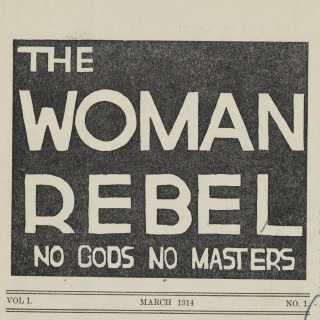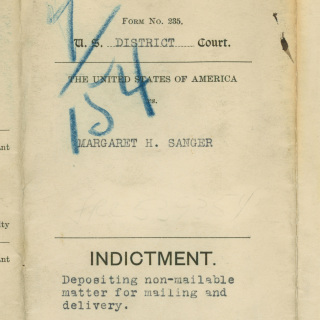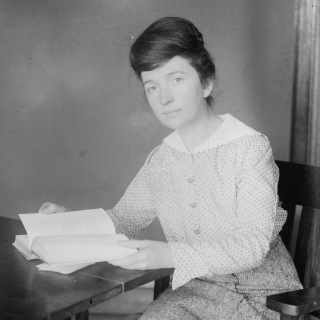Anti-Contraception Campaign 1914
Anthony Comstock believed that contraceptives promoted lust and immorality. The 1873 Comstock Act defined birth control as obscene and made it a Federal offence to send contraceptive devices or references to it through the mail. In 1910 a young woman named Margaret Sanger began to challenge Comstock. Sanger opposed censorship as passionately as she promoted a woman’s right to prevent unwanted pregnancies.
Comstock succeeded in having Sanger arrested before he died in 1915. But times had changed, and the public pressured the Government to drop the charges. Sanger lived to see her battle against Comstock vindicated. In 1965, when Sanger was 85, the Supreme Court ruled in Griswold v. Connecticut that laws banning contraceptive use violated the right to privacy.


